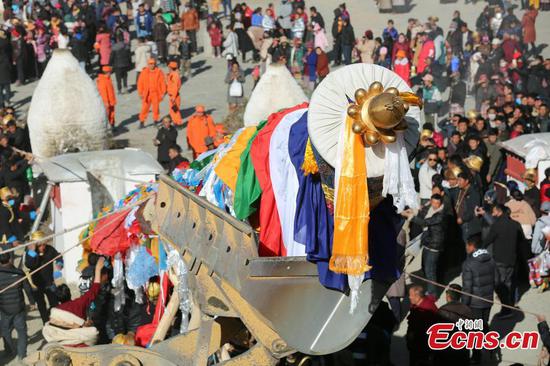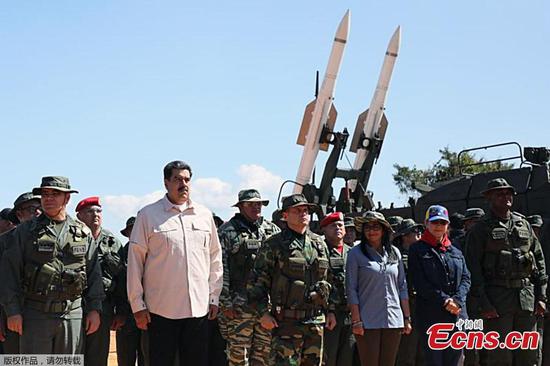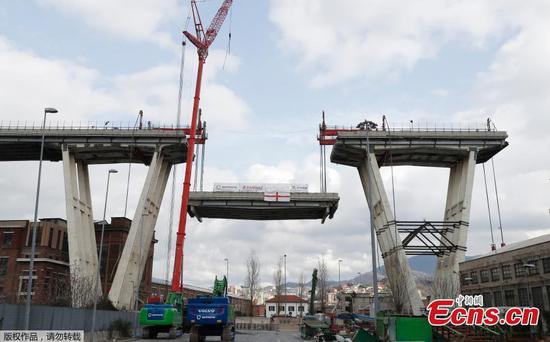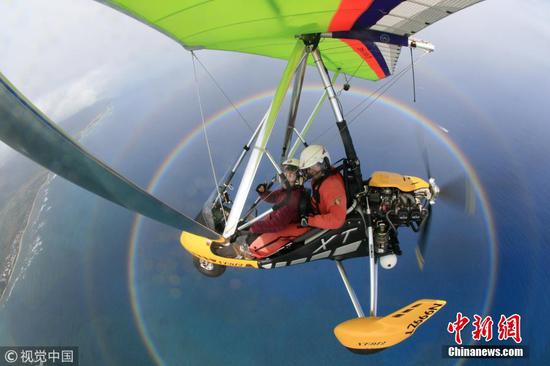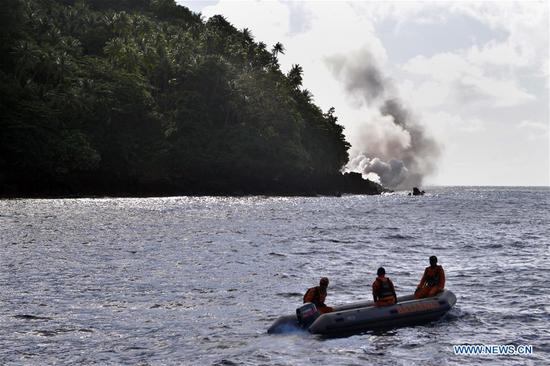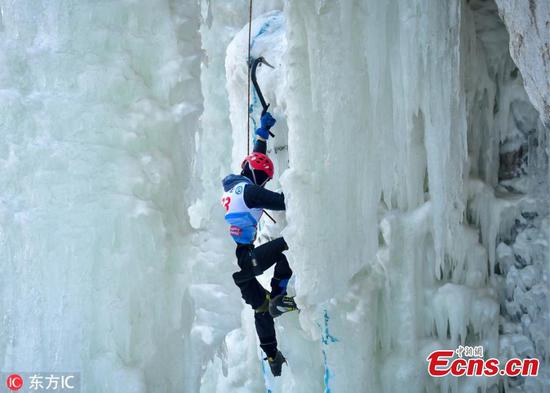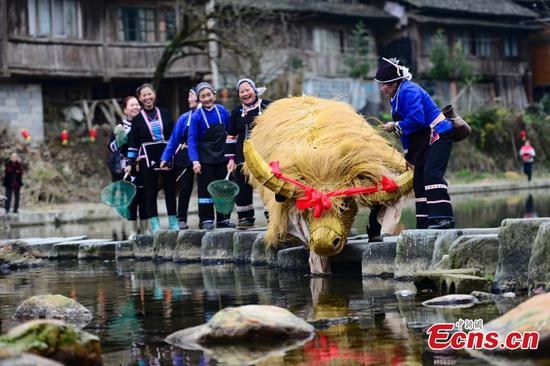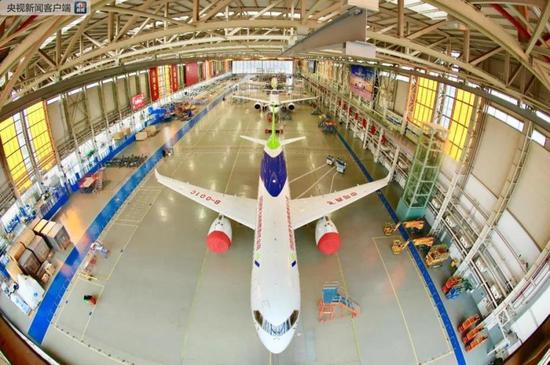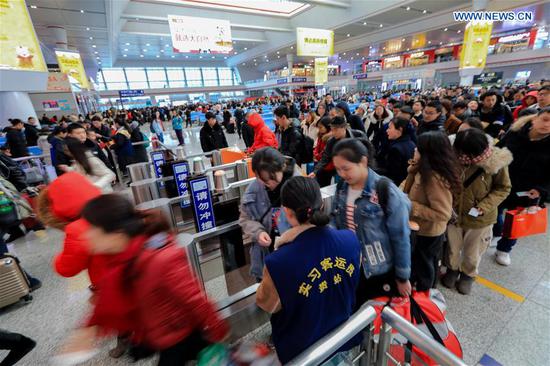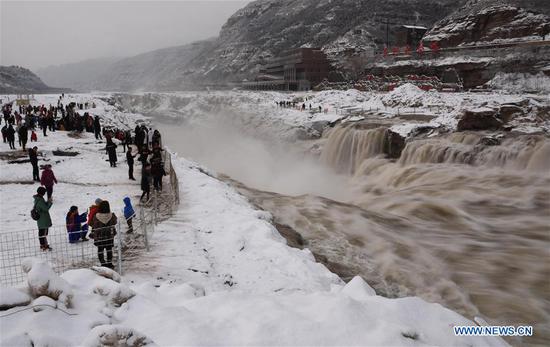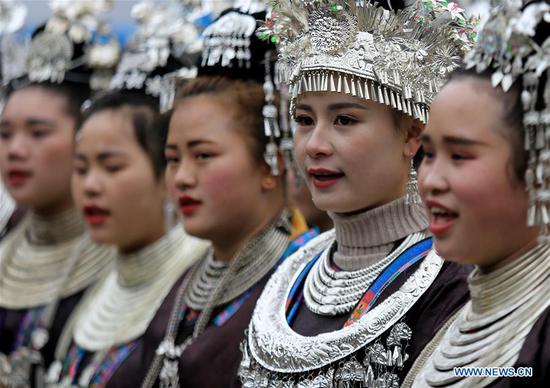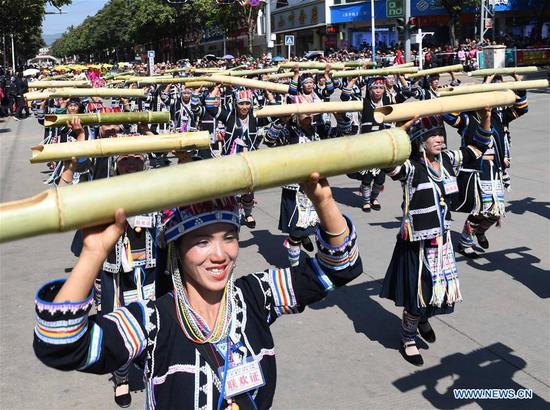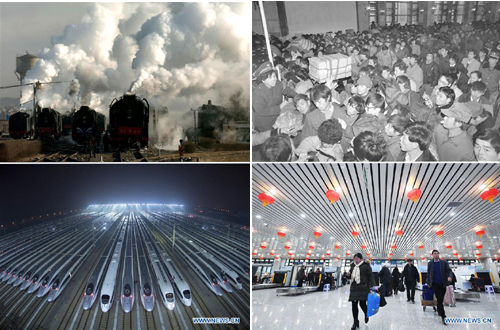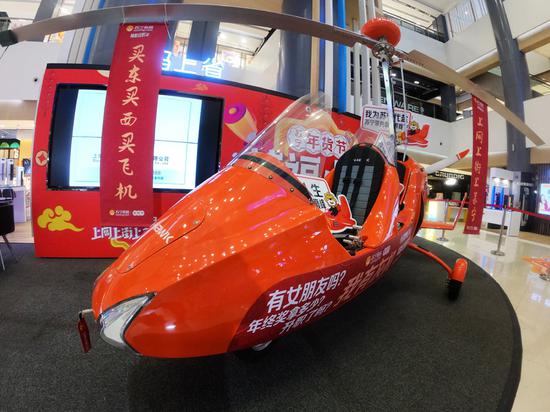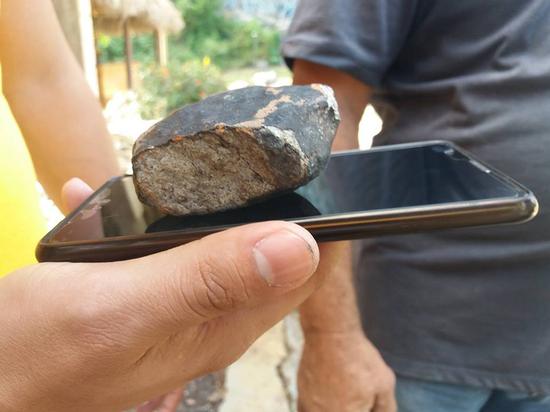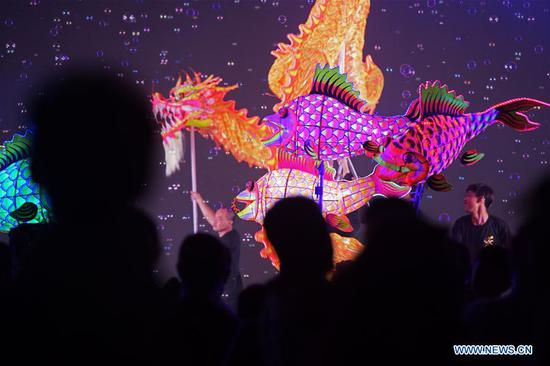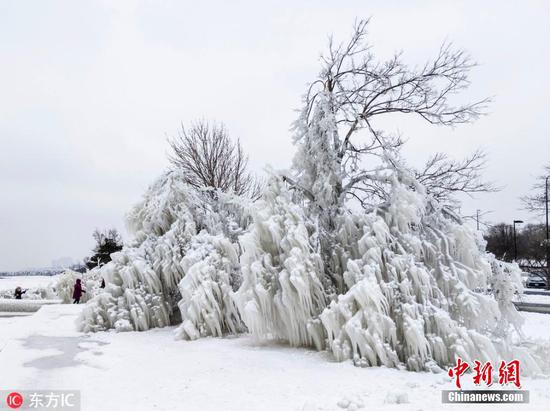The Japanese government will launch the process of selecting a drone in fiscal 2019, which starts on April 1. The country plans to include three maritime surveillance drones in the procurement program for fiscal years 2019 to 2023 and 20 more drones after that.
This is part of the country's efforts to add artificial intelligence and drones to its defense capabilities, according to Japanese media.
Japan is joining other global powers in competition for developing and deploying AI in military contexts. Tokyo has released an AI technology strategy with a three-phase plan to achieve a true AI ecosystem. Building on successes in robotics, the Japanese government envisions joining AI with other advanced technologies, such as the internet of things, autonomous vehicles and the blending of cyberspace and physical space.
In fiscal 2021, Japan's Air Self-Defense Force will deploy the U.S.-made Global Hawk unmanned aerial vehicle and establish a special unit to handle the drones.
An underwater drone will be developed for the Maritime SDF to gather information.
Japan's new defense guidelines, which Prime Minister Shinzo Abe's Cabinet approved in December, envisage the establishment of space and cyberdefense units, while the application of AI will be expanded.
Japan wants to use advanced technologies, such as AI, in part to compensate for its low birthrate and population decline.
The country will also set up an unmanned aircraft department to enable permanent control of its air space and information gathering in "remote regions".
Other countries and organizations, including the United States, Russia, China, Australia, Canada, Denmark, the European Union Commission, Finland, France, Germany, India, Italy, Kenya, Malaysia, Mexico, New Zealand, the Nordic-Baltic region, Poland, Singapore, the Republic of Korea, Sweden, Tunisia, the United Arab Emirates and the United Kingdom, have some sort of AI strategy.
To the degree that AI includes more players, it increases the "risk that countries may put aside the safety and reliability concerns" that experts have expressed given AI's capacity for social and political disruption, according to a study released by the Washington-based think tank Center for a New American Security last year.
'Enormous benefits'
In November at the Web Summit, Europe's biggest tech conference, in Lisbon, Portugal, UN Secretary-General Antonio Guterres praised the "enormous benefits" of new technology. He also warned that it would be "morally repugnant" if the world fails to ban autonomous machines capable of killing people without human involvement.
U.S. politicians have played up the "threat" of AI weapons from China and Russia. They have criticized the U.S. Congress and the Trump administration for not paying sufficient attention to AI. The U.S. government's investment in AI, in their words, has been essentially flat.
A report published by the Subcommittee on Information Technology of the U.S. House Committee on Oversight and Reform expressed concerns about the prospect of Russia or China overtaking the U.S. in AI. "AI is likely to have a significant impact in cybersecurity, and American competitiveness in AI will be critical to ensuring the United States does not lose any decisive cybersecurity advantage to other nation states," the report said.
The Congressional Research Service, the in-house independent think tank of the U.S. Congress, released a report in November detailing the future of military uses of robotics and artificial intelligence. According to the report, Russia and China are "aggressively pursuing" advanced robotic and AI weapons systems "that could be used against U.S. forces". Meanwhile, the U.S. military is looking to introduce robotic tanks and autonomous cargo vehicles. It is also looking into something called the Fully Autonomous First Wave Concept, which would involve "robotic and autonomous aerial, amphibious and ground platforms ...employed as the first wave of an amphibious assault," the CRS report said.
But a 2018 white paper on the state of AI in China, released by Chinese organizations including the Chinese Association for Artificial Intelligence, found that the U.S. is a hotbed of AI talent. The U.S. has more than 13,000 top AI researchers, compared with only 5,000 in China.











